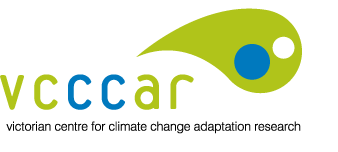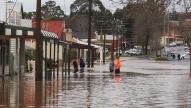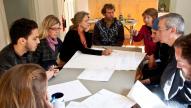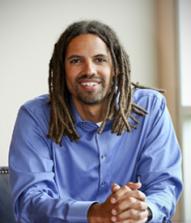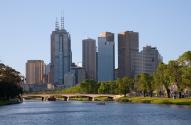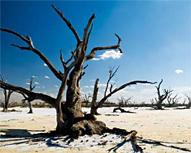To read the full article by Michael Green click here.
With climate change tipped to cause more fires, floods and heatwaves, big business is joining science in calling for increased spending on disaster prevention.
The Victorian Centre for Climate Change Adaptation Research was established by the state Labor government in 2009. In this week's budget, the Napthine government did not extend its funding. It will close at the end of next month.
